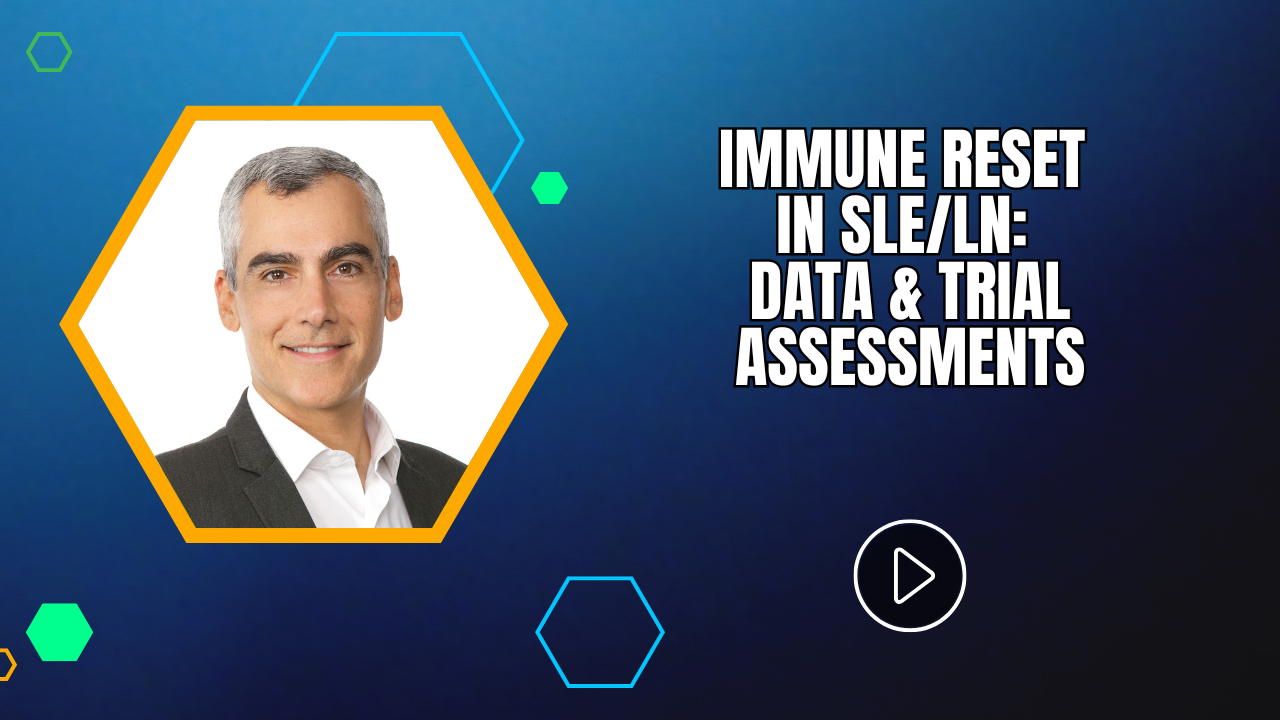
R&D/Clinical Trials
Latest News
Latest Videos

More News
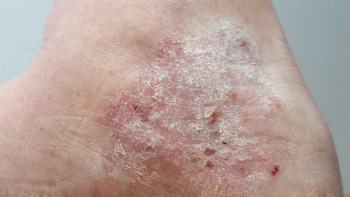
Five-year data from Phase III trials demonstrated that 67.7% of patients moderate-to-severe plaque psoriasis treated with UCB’s Bimzelx achieved complete skin clearance.

Clinical trial results found that a majority of patients with atopic dermatitis who were treated with Ebgylss achieved complete or near complete skin clearance at three years on a single monthly maintenance dose.

Jonathon Whitton, AuD, PhD, VP, auditory global program head, Regeneron, discusses the promising results of DB-OTO in the CHORD trial for children with otoferlin-related hearing loss.
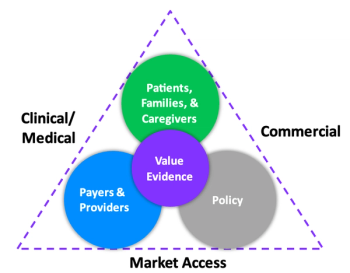
The recent shift in Health Economics and Outcomes Research functions across major pharmaceutical companies highlights a lack of understanding of its value.

Dr. Hernan Bazan, CEO of South Rampart Pharma, discusses his company’s current pipeline.

Aliya Omer, VP, US franchise head, breast cancer, AstraZeneca, discusses how results of the trial compare with other treatments for gBRCAm HER2-negative high-risk early breast cancer.

Under terms of the deal, Gubra will receive an initial $350 million payment and could earn up to $1.875 billion more in development and sales milestones for the potential weight loss drug.

FP008 is designed for patients with solid tumors that have not responded to existing immunotherapies targeting PD-1.

The Alpha Cognition executive discusses recent developments that positively impact the upcoming launch for ZUNVEYL.

Results from a Phase III registrational study suggest that ecopipam has potential as a first-in-class dopamine-1 receptor antagonist for patients with Tourette syndrome.

The Phase III SERENA-6 trial is the first global trial to use a circulating tumor DNA-guided approach to detect endocrine resistance before disease progression in HR-positive, HER2-negative advanced breast cancer.

Daniel Vitt, CEO, Immunic Therapeutics, discusses how the company is positioning itself to lead in the area of gastrointestinal diseases.
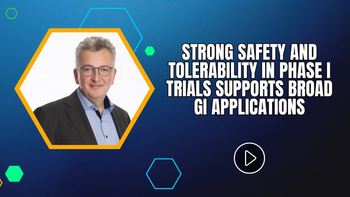
Daniel Vitt, CEO, Immunic Therapeutics, discusses how the safety and tolerabilities results from Phase I trials for IMU-856 influences further studies for gastrointestinal diseases moving forward.

These therapies may provide more stable treatments than stem cell therapies.

Daniel Vitt, CEO, Immunic Therapeutics, discusses how IMU-856 could support the challenges of gluten-free diets and cross-contamination risks for celiac disease.

The CEO discusses his company’s platform that helps reformulate oral solid dose medications to liquid forms.

In this part of his Pharmaceutical Executive video interview, Ian Chan, CEO of Abpro gives an update on the preclinical development of Abpro's lead HER2/CD3 T cell engager.

Pharm Exec’s 20th Annual Pipeline Report examines the emerging drug development trends and surging investments in five expanding therapeutic areas.

In this part of his Pharmaceutical Executive video interview, Ian Chan, CEO of Abpro talks about the challenges faced in developing T cell engagers.

Pathways to success for this key component of Europe’s new HTA regulation, where thinking beyond the purely technical will be critical.

Demonstrating clinical benefit is the ultimate gateway to smoother patient access.

The Phesi CEO discusses his company’s recent analysis of the most studied diseases in the world.

Data from the Phase III FRONTIER3 trial found that 98% of caregivers prefer Mim8 for hemophilia A over other treatments.

Biljana Naumovic discusses how a new study attempted to bring in patients from underserved communities.
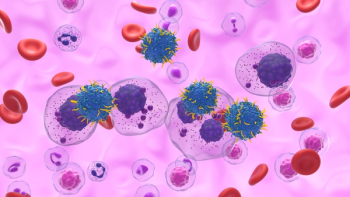
The waveLINE-010 trial will compare zilovertamab vedotin, in combination with rituximab plus cyclophosphamide, doxorubicin, and prednisone against the current standard-of-care in patients with previously untreated diffuse large B-cell lymphoma.



